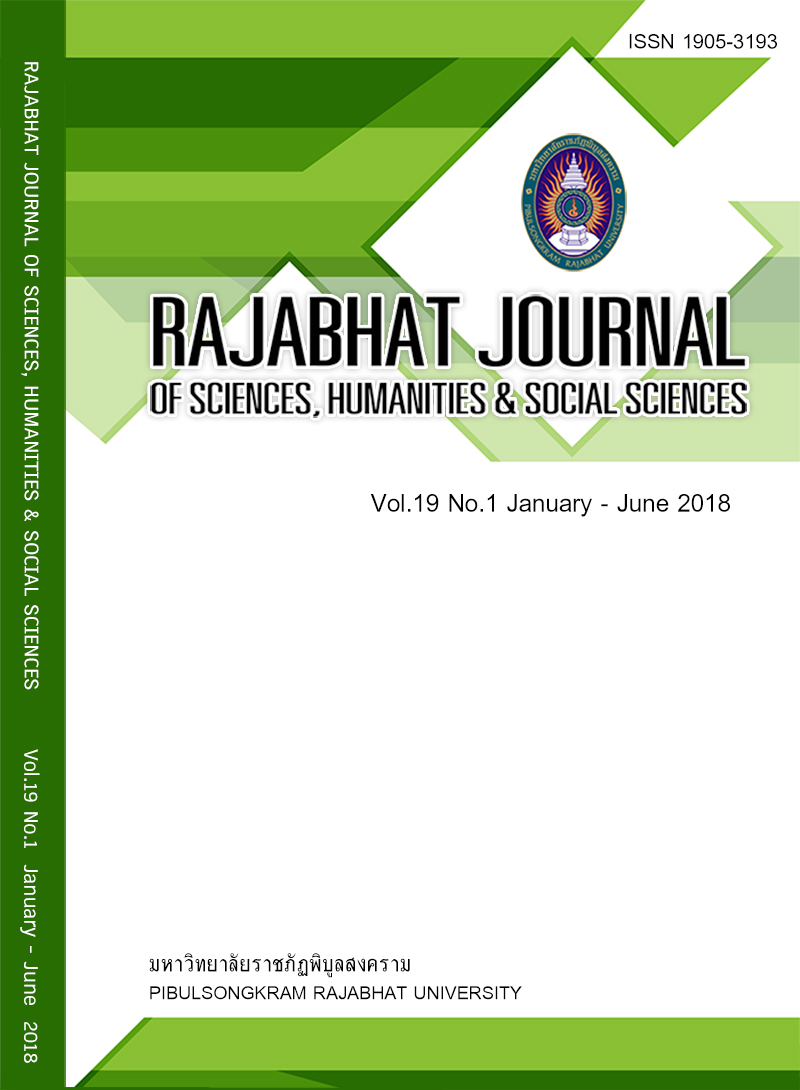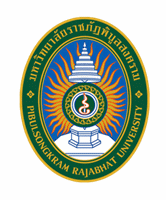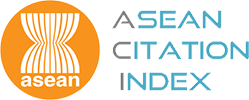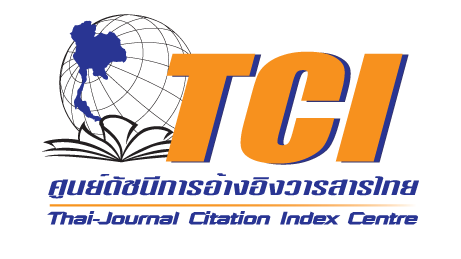LEGAL MEASURES TO CONSERVE MEALY CRAB FOR ECOTOURISM MANAGEMENT OF WAT-BOT DISTRICT
Keywords:
law, ecotourism, reservation, mealy crab, community rightsAbstract
Tourism in Thailand might belong to management by each local community. Community base ecotourism development has a tool for biodiversity conservation, environment protection and sustainable community economics. A mealy crab (Thaipotamon phitsanulok) is symbolic of tourism in Wat-bot district. The crab is non-protected wildlife but it protected under the Wildlife Reservation and Protection Act, BE 2535 (1992). It also does not cover the protection and conservation of mealy crabs in all areas. Thus, mealy crab was threatened in the non-hunting areas. This study proposes that it must register to be a protected wildlife in other species of vertebrates. In addition, Thai government should improve the related laws and regulations, and also promote ecotourism that linked with forest conservation and wildlife protection. It is a portrait of the economy, prosperity of the community and local pride.
References
of Karen Communities in Um Phang Wildlife Sanctuary. Master of Law, Faculty of Law, Thammasat University, 2011.
Lauprasert M. Thailand and Cites. Bangkok: Department of National Park, Wildlife and Plant Conservation, 1997.
Ministry of Tourism & Sports. Thailand Tourism Strategy 2015-2017. Bangkok: Ministry of Tourism & Sports, 2015.
Office of National Park. Kaeng Jedkwai National Park. Department of national park, wildlife and plant
conservation.2015. Available at: https://park.dnp.go.th/visitor/nationparkshow.php?PTA_CODE =9110. Accessed April 19, 2015.
Phitsanulok Primery Educational Area Office 3. Local Knowledge of Wat Bot District Phitsanulok Province Document Number 29/2553. Phitsanulok: Phitsanulok Primery Educational Area Office 3, 2010.
Phosi S. Legal Measures for Ecotourism Management. Master of Law, Faculty of Law, Thammasat University, 2009.
Pimpisud T. Development Strategy for The Above Bhumibol Dam to Promote Eco-Tourism. National Research Council of Thailand. 2015. Available at: https://rir.nrct.go.th/rir/?page=researching &nid=21118. Accessed April 20, 2015.
Prachasri J. Legal Measures on Ecotourism: Khao Samet case. Master of Law, Faculty of Law, Thammasat University, 2006.
Slobon S. Community Based Tourism Management. The Thailand research fund. 2004. Available at:
https://www.trf.or.th/index.php?option=com_content&view=article&id=957:2012-07-01-03-23-01&catid=35:research-forum&Itemid=146. Accessed April 19, 2015.
Tourism Authority of Thailand. The Convention on International Trade in Endangered Species of Wild Fauna and Flora. Non-Hunting Area Khao Noi-Khao Pradu, Tourism Authority of Thailand. 2015. Available at: https://thai.tourismthailand.org/ tourist attraction/Khao Noi-Khao Pradu Non-hunting Area--4765. Accessed April 19, 2015.
Downloads
Published
How to Cite
Issue
Section
License
Each article is copyrighted © by its author(s) and is published under license from the author(s).










